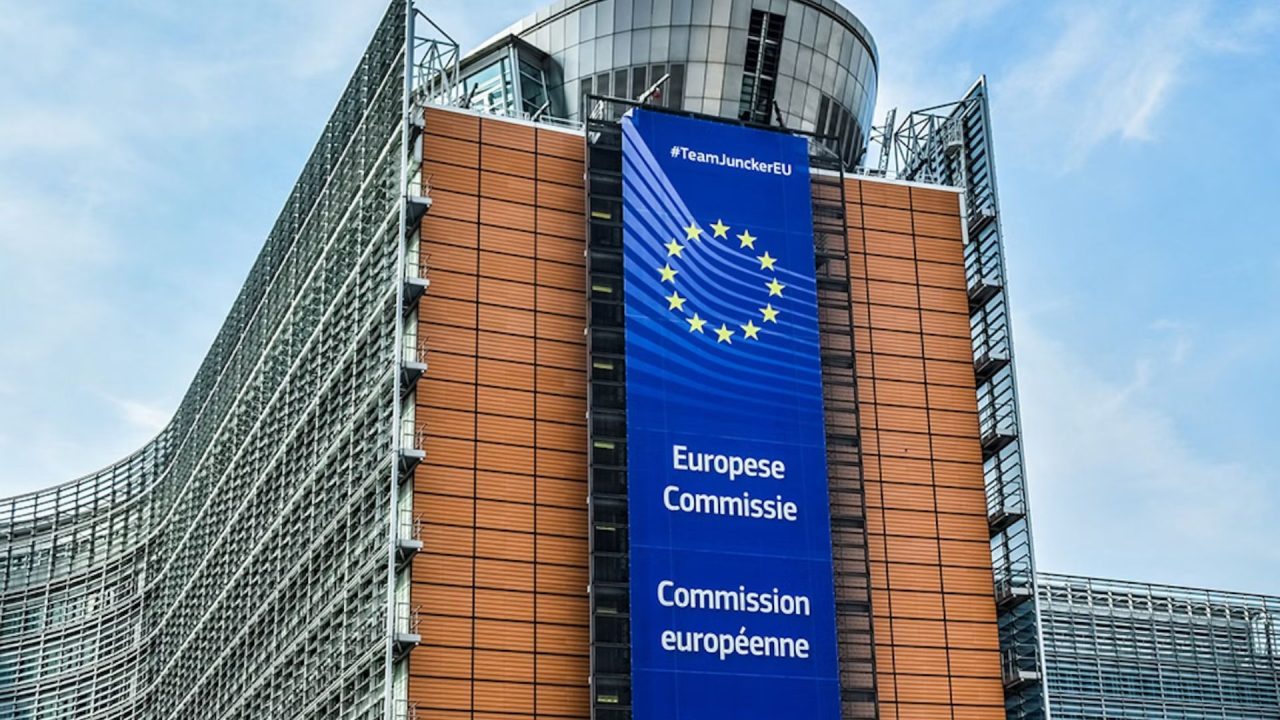iPhone users in the European Union are set to experience a significant shift in how they access apps. Apple has announced that users will soon have the option to download apps directly from websites, bypassing the traditional route of obtaining them through the App Store or alternative app store apps.
This change comes as a response to the European Commission’s Digital Markets Act, marking a notable departure from Apple’s previous stance on web downloads.
For years, Apple has staunchly opposed sideloading, or the practice of downloading iPhone software from the web, citing concerns over security and the company’s prerogative to maintain control over the user experience.

However, with this recent announcement, Apple is demonstrating a willingness to adapt to regulatory pressures and make necessary adjustments to its App Store policies.
The Digital Markets Act aims to compel “gatekeepers” like Apple to open up their platforms to smaller competitors. As part of this initiative, Apple will introduce a web download program starting later this spring.
Developers must meet specific criteria, such as having an app with over 1 million downloads in Europe, to participate. Despite the change, Apple will continue to collect a fee for these downloads.
In addition to web downloads, Apple will permit companies to offer their app stores for iPhones in Europe, provided they only offer access to one company’s apps.
Apple emphasizes the importance of responsibility and oversight in distributing apps directly from websites, including the ability to manage apps, provide customer support, and process refunds. Developers must meet certain criteria and commit to ongoing requirements to ensure user protection.
Under the Digital Markets Act, Apple has been compelled to make several other adjustments to its App Store practices in Europe. These include allowing third-party app stores and reinstating Epic Games’ developer account amid a legal dispute.
The company has also backtracked on banning web app shortcuts on the main iPhone screen. These actions suggest that the European Commission’s regulatory efforts are effectively influencing Apple’s behavior in the region.

European Commission Executive Vice President Margrethe Vestager has stated that the Commission is consulting with Apple’s rivals, such as Spotify, to ensure that the new policies align with the intent of the law.
The Commission aims to create an open market environment by encouraging feedback from third parties.
Despite these changes, Apple plans to maintain its fee structure for app downloads outside of the App Store, including web app downloads.
App Store fees constitute a significant source of revenue for Apple, contributing to its services business, which generated $78 billion in sales in fiscal 2023. Europe accounts for approximately 7% of Apple’s App Store revenue.


